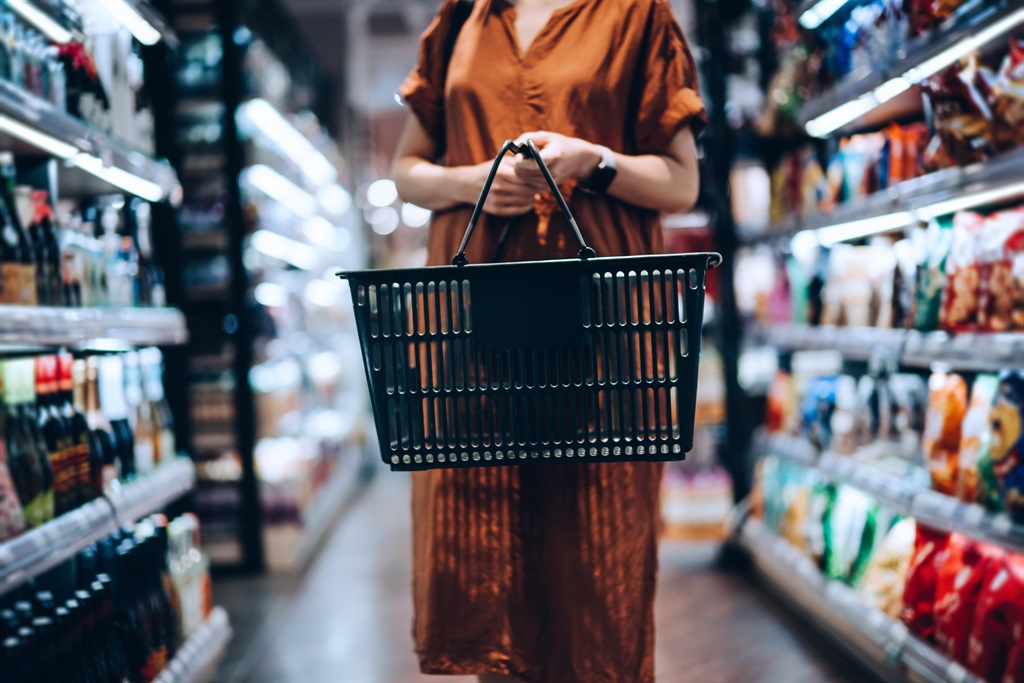
Promotional activity continues to dominate in the retail landscape as grocers battle surging inflation and pressure on disposable income, but this may be creating a false sense of security for consumers, according to global consulting company NielsenIQ.
The market research firm warned in its latest SA retail report on Tuesday that it was seeing a higher and higher reliance on promotions, but this risked driving down value perception of brands, while consumers also seem to be "in denial" about the true state of the economy.
Bubble 'will burst'
"It seems as if consumers are in denial of the economic situation," NielsenIQ South Africa MD Ged Nooy said in a statement.
"The danger of this is that we’re living in a bubble. This will eventually burst and will create a crisis mentality among shoppers. As a result, price increases and a reduction of promotions driven by external factors could see significant volume impacts in 2023," he said.
The monthly retail report by NielsenIQ, State of the Retail Nation, is based on sales data from 10 000 stores of main retailers Woolworths, Spar, Pick n Pay, and Checkers — as well as 143 000 independent stores such as spaza shops and taverns. It measures more than 80% of grocery sales in SA and is the largest gauge of activity among grocers.
The report, which covers the four weeks to the beginning of September, showed that overall consumer package goods sales jumped 10.3% in the period to R498 billion, but that this was due in large part to inflation, as well as the effects of prohibitions on liquor trading at the same time in 2021.
"As brands look to gain share in the short term and assist in managing shelf inflation, we see higher and higher reliance on promotions to gain market share," said Nooy. "The problem is that over-promoting drives down value perception resulting in disloyal promo-only buyers."
Overall basket inflation came in at 11% for the period, using 580 products with different weightings, while cooking oil has now averaged 49% inflation over three months, which the market research firm said was showing through in reduced volumes.
Despite experiencing relatively mild inflation, long-life milk and sugar showed a 10% in volume sales, but bread saw a 15% volume growth over the past three months, while maize meal and energy drinks have also fared well. Retailers have seen a spike in bread sales, seen as a reflection of consumers shifting to cheaper staple goods as pressure on their disposable income grows.
Nielsen said on Tuesday the number of trips shoppers make has halved, down from six times a month, likely reflecting increased costs of transport, meaning they are looking to make the trips count. Cooking oil recorded 49% inflation (three-month average); however, this continued price pressure has seen a decline in actual units sold.
Consumers have been forced to adapt their palate and usage patterns in the face of price pressures and this is now showing in reduced volume sales.

